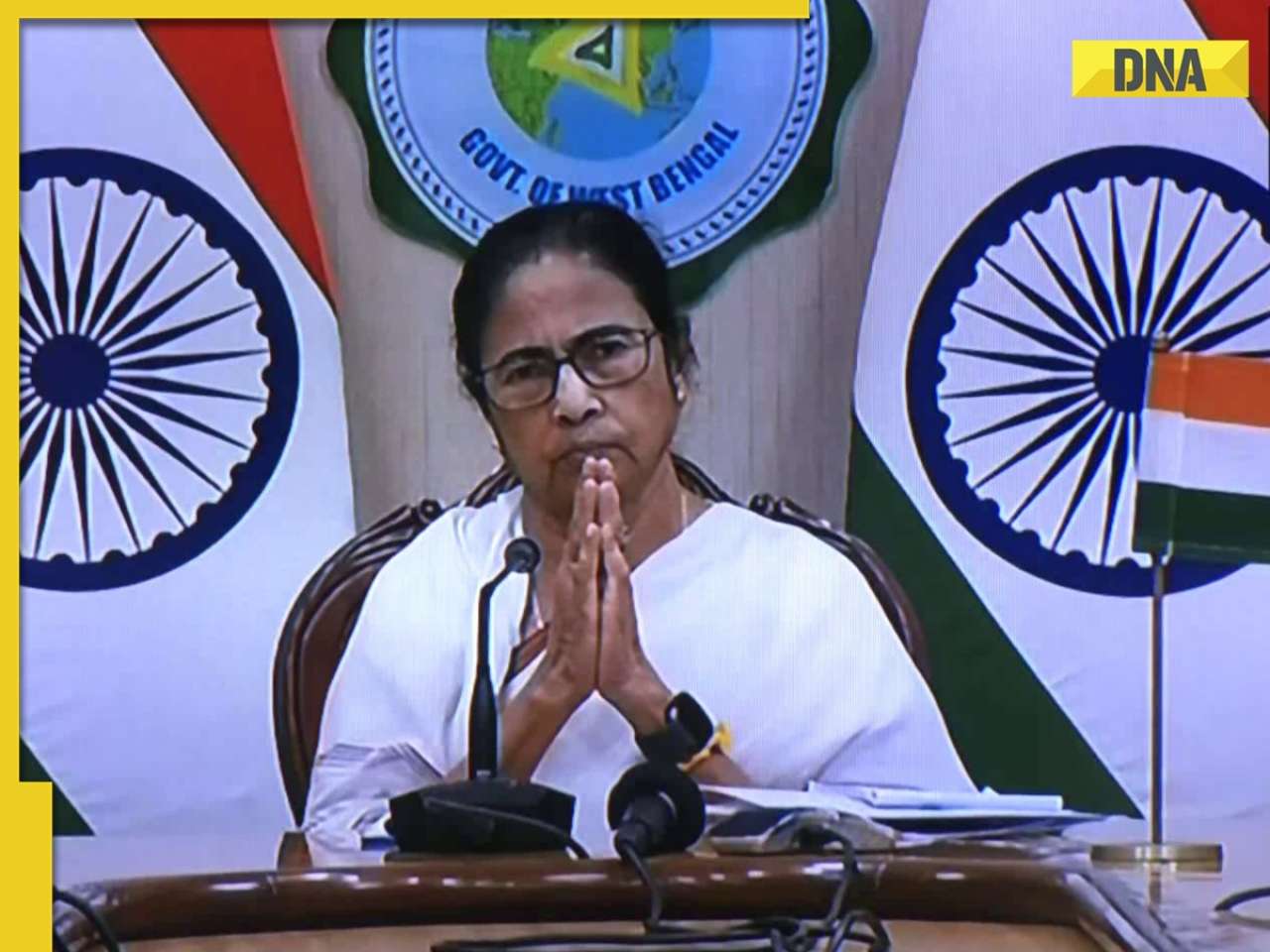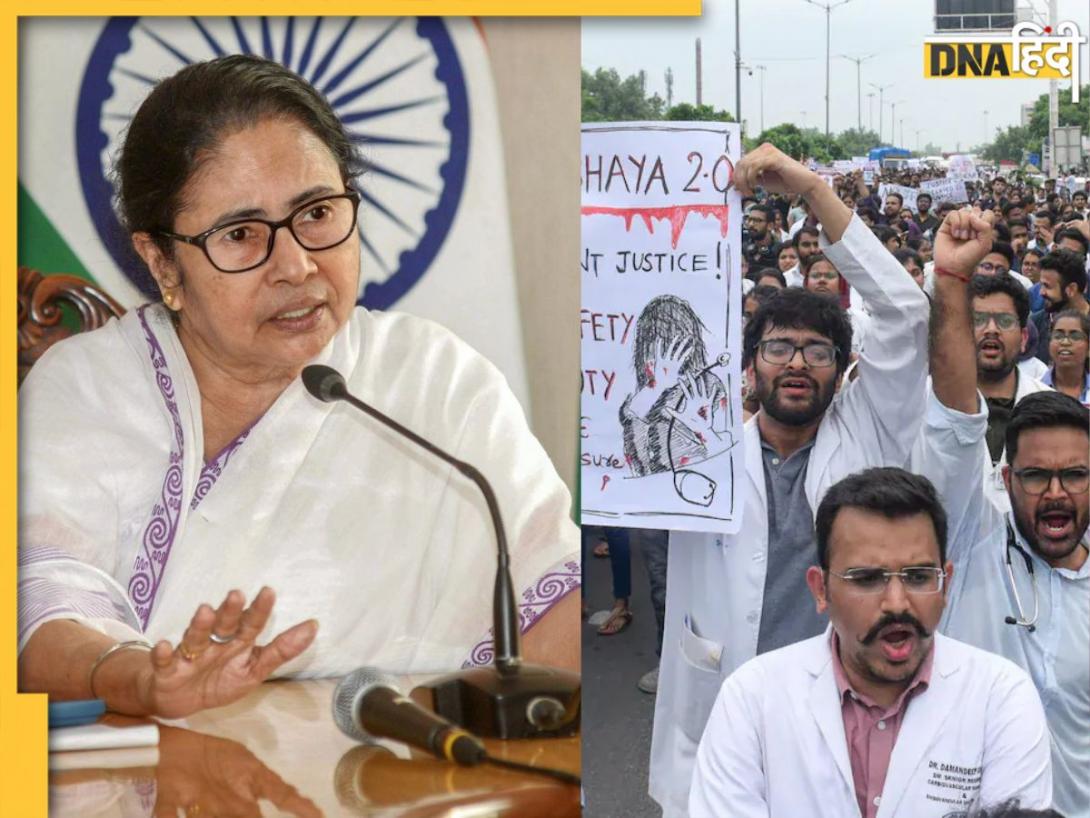The potential acquisition of a controlling stake in Religare Enterprises by the Burman family has raised significant concerns within corporate and financial circles.
The independent board of Religare has rightly questioned the suitability of the Burmans to take on such a role, a move that highlights broader issues of corporate governance, historical mismanagement, and the integrity of India’s financial ecosystem.
The Burman family, known primarily for their success with Dabur, has a less-publicized but troubling history in the financial services sector. In the early 2000s, the Dabur group operated a financial entity, Dabur Finance, which was involved in vehicle and medical finance. The business was abruptly shut down after repaying its fixed deposits, a move that signalled underlying issues. The more disturbing aspect of this history came to light years later when AVB Finance Limited (formerly Dabur Finance) was classified as a high-risk Non-Banking Financial Company (NBFC) by the Financial Intelligence Unit of India (FIU-IND) in 2018.
This classification by the FIU was not without merit. The investigation into AVB Finance revealed significant deficiencies in governance, risk management, and compliance—core areas that are critical for the stability and trustworthiness of any financial institution. Such a track record raises legitimate concerns about the Burmans' ability to responsibly manage Religare, a company that has already navigated significant challenges under its current leadership.
Furthermore, it is worth noting the connections between AVB Finance and other Burman family enterprises. Two of the directors of AVB Finance also hold directorships in several other Burman entities, including Burman Resorts, Burman Estate, and Burman Buildcon. This overlapping of roles points to a governance structure that may be fraught with conflicts of interest, an issue that should not be overlooked when considering the future of a company as significant as Religare.
The Reserve Bank of India (RBI) has established stringent guidelines to ensure that NBFCs operate under clean and robust corporate governance standards. These guidelines are particularly rigid when it comes to changes in directorship and intra-group transfers, precisely because NBFCs are often viewed as shadow banks that play a critical role in the broader financial system. The Burmans’ historical performance in managing financial entities does not align with the level of integrity and transparency that the RBI demands.
Moreover, the board of Religare has highlighted criminal cases against key Burman family members, including Mr. Mohit Burman. This is not a trivial matter. In the banking and financial services industry, reputation is paramount, and any taint of criminality or mismanagement can have severe implications for a company’s operations and its relationships with regulators, investors, and customers.
The reluctance of the board to support the Burmans' takeover attempt should not be viewed as an obstructionist stance but rather as a protective measure for the long-term stability and credibility of Religare. It is also essential to recognize that the RBI has already shown hesitancy in approving the Burmans' involvement, having declined their application earlier this year. This regulatory decision underscores the seriousness of the concerns surrounding this potential acquisition.
In light of these issues, the board’s cautious approach is not only justified but necessary. It sets a precedent for how corporate governance should be handled in situations where there are significant questions about the suitability of potential acquirers. The board’s actions should be seen as a commitment to upholding the integrity of the financial system, rather than as an impediment to business progress.
While there may be arguments in favour of the synergies that a Burman-led Religare could bring to the table. These potential benefits must be weighed against the considerable risks posed by their historical mismanagement in the financial sector. The integrity of Religare and its future should not be compromised by allowing a takeover that could lead to a repeat of past failures. As stakeholders and regulators continue to scrutinize this bid, it is crucial that the focus remains on ensuring that any change in ownership is in the best interest of the company, its shareholders, and the broader financial ecosystem.
(This article is part of IndiaDotCom Pvt Ltd’s Consumer Connect Initiative, a paid publication programme. IDPL claims no editorial involvement and assumes no responsibility, liability or claims for any errors or omissions in the content of the article. The IDPL Editorial team is not responsible for this content.)
![submenu-img]() ‘Body dismembered, pureed in blender’: Former model gets brutally murdered by her husband after..
‘Body dismembered, pureed in blender’: Former model gets brutally murdered by her husband after..![submenu-img]() Venom The Last Dance trailer: Tom Hardy channels Tom Cruise, battles boss symbiote Knull, fans say 'it will be a blast'
Venom The Last Dance trailer: Tom Hardy channels Tom Cruise, battles boss symbiote Knull, fans say 'it will be a blast'![submenu-img]() Meet man who once lost Rs 1.27 lakh crore in a day, today owns giant e-commerce business worth crores, he is…
Meet man who once lost Rs 1.27 lakh crore in a day, today owns giant e-commerce business worth crores, he is…![submenu-img]() Katy Perry, Orlando Bloom share steamy kiss at MTV Video Music Awards 2024; video goes viral
Katy Perry, Orlando Bloom share steamy kiss at MTV Video Music Awards 2024; video goes viral![submenu-img]() 'Ready to resign...': CM Mamata Banerjee as junior doctors continue protest over Kolkata rape-murder case
'Ready to resign...': CM Mamata Banerjee as junior doctors continue protest over Kolkata rape-murder case![submenu-img]() बातचीत के लिए नहीं पहुंचे हड़ताली डॉक्टर, भावुक CM ममता बोलीं- मैं इस्तीफा देने को तैयार
बातचीत के लिए नहीं पहुंचे हड़ताली डॉक्टर, भावुक CM ममता बोलीं- मैं इस्तीफा देने को तैयार![submenu-img]() UP BJP में बड़ा फेरबदल, सीएम Yogi Adityanath ने एक साथ बदले 75 जिलों के प्रभारी मंत्री, केशव प्रसाद मौर्य को मिली ये जिम्मेदारी
UP BJP में बड़ा फेरबदल, सीएम Yogi Adityanath ने एक साथ बदले 75 जिलों के प्रभारी मंत्री, केशव प्रसाद मौर्य को मिली ये जिम्मेदारी![submenu-img]() मथुरा से आगरा तक बारिश का कहर, धंसी सड़कें और गिरे पुल, 7 लोगों की मौत, स्कूल इतने दिन के लिए बंद
मथुरा से आगरा तक बारिश का कहर, धंसी सड़कें और गिरे पुल, 7 लोगों की मौत, स्कूल इतने दिन के लिए बंद![submenu-img]() UP Bypolls: सपा-कांग्रेस में कैसे होगा सीटों का बंटवारा, अखिलेश यादव ने बताया पूरा प्लान
UP Bypolls: सपा-कांग्रेस में कैसे होगा सीटों का बंटवारा, अखिलेश यादव ने बताया पूरा प्लान![submenu-img]() तानाशाह परवेज मुशर्रफ के बाद यूपी में अब पाकिस्तान के पहले प्रधानमंत्री की जमीन होगी नीलाम, जानें कहां है ये 570 बीघा जमीन
तानाशाह परवेज मुशर्रफ के बाद यूपी में अब पाकिस्तान के पहले प्रधानमंत्री की जमीन होगी नीलाम, जानें कहां है ये 570 बीघा जमीन![submenu-img]() ‘30 LPA, 3BHK, no in-laws’: Woman earning Rs 1.32 lakh salary lists demands for future husband, netizens say...
‘30 LPA, 3BHK, no in-laws’: Woman earning Rs 1.32 lakh salary lists demands for future husband, netizens say...![submenu-img]() In a big EV push, Centre launches Rs 10900 crore PM E-Drive scheme to replace…
In a big EV push, Centre launches Rs 10900 crore PM E-Drive scheme to replace…![submenu-img]() World’s longest car has helipad, swimming pool, mini-golf course, can seat over…; it cost…
World’s longest car has helipad, swimming pool, mini-golf course, can seat over…; it cost…![submenu-img]() This car sets new Guinness world record for becoming longest driving EV on a single charge; it cost Rs…
This car sets new Guinness world record for becoming longest driving EV on a single charge; it cost Rs…![submenu-img]() MG Windsor EV launched in India: Check price, features, design of India’s first ‘CUV’
MG Windsor EV launched in India: Check price, features, design of India’s first ‘CUV’![submenu-img]() Meet woman, who belongs to tribal family, cracked UPSC exam in fourth attempt, became IAS officer with AIR...
Meet woman, who belongs to tribal family, cracked UPSC exam in fourth attempt, became IAS officer with AIR...![submenu-img]() Meet woman who cracked UPSC in 1st attempt without coaching, became IPS at 22, but resigned after 4 years due to...
Meet woman who cracked UPSC in 1st attempt without coaching, became IPS at 22, but resigned after 4 years due to...![submenu-img]() Meet genius, an Indian who worked with IIT, had NASA connection, went missing and was found years later in...
Meet genius, an Indian who worked with IIT, had NASA connection, went missing and was found years later in...![submenu-img]() Meet man, who lost eyesight at 8, got record-breaking job offer after graduation, not from IIT, NIT, salary is Rs...
Meet man, who lost eyesight at 8, got record-breaking job offer after graduation, not from IIT, NIT, salary is Rs...![submenu-img]() Meet woman, IAS Tina Dabi's friend who cracked UPSC exam in first attempt without coaching, secured AIR...
Meet woman, IAS Tina Dabi's friend who cracked UPSC exam in first attempt without coaching, secured AIR...![submenu-img]() Malaika Arora Father Death: Anil Mehta's Final Words To His Daughter Malaika Arora
Malaika Arora Father Death: Anil Mehta's Final Words To His Daughter Malaika Arora![submenu-img]() Chandigarh Blast: Grenade Explosion In Sector 10; Auto Driver Arrested, Investigation Ongoing
Chandigarh Blast: Grenade Explosion In Sector 10; Auto Driver Arrested, Investigation Ongoing![submenu-img]() BSF Jawan Injured As Pakistan Violates Ceasefire Near LoC Days Before Jammu Kashmir Elections 2024
BSF Jawan Injured As Pakistan Violates Ceasefire Near LoC Days Before Jammu Kashmir Elections 2024![submenu-img]() Rahul Gandhi US Visit: Rahul Gandhi Criticizes BJP And RSS At National Press Club, US | INDIA
Rahul Gandhi US Visit: Rahul Gandhi Criticizes BJP And RSS At National Press Club, US | INDIA![submenu-img]() Kolkata Doctor Case: ED Reveals Properties Of RG Kar Ex-Principal Sandip Ghosh Found In Raids
Kolkata Doctor Case: ED Reveals Properties Of RG Kar Ex-Principal Sandip Ghosh Found In Raids![submenu-img]() Meet man who once lost Rs 1.27 lakh crore in a day, today owns giant e-commerce business worth crores, he is…
Meet man who once lost Rs 1.27 lakh crore in a day, today owns giant e-commerce business worth crores, he is…![submenu-img]() Meet woman, popular TV actress who left acting to build Rs 820 crore company from scratch, she owns one of famous…
Meet woman, popular TV actress who left acting to build Rs 820 crore company from scratch, she owns one of famous…![submenu-img]() Eastman Strengthens Leadership team, Charts Course for a New Future
Eastman Strengthens Leadership team, Charts Course for a New Future![submenu-img]() Emotional Intelligence for Entrepreneurs: A Key to Business Success
Emotional Intelligence for Entrepreneurs: A Key to Business Success![submenu-img]() Meet Pakistan’s richest man with Rs 111674 crore net worth, owns Jacksonville Jaguars and luxury properties
Meet Pakistan’s richest man with Rs 111674 crore net worth, owns Jacksonville Jaguars and luxury properties![submenu-img]() AI Insights: Top 7 high-paying jobs in India by 2050
AI Insights: Top 7 high-paying jobs in India by 2050![submenu-img]() Streaming This Week: Sector 36, Berlin, Khalbali Records, Mr Bachchan, latest OTT releases to binge-watch
Streaming This Week: Sector 36, Berlin, Khalbali Records, Mr Bachchan, latest OTT releases to binge-watch![submenu-img]() Meet Rishi Kapoor's heroine who became star with hit debut, quit films after continuous flops; left India to live in...
Meet Rishi Kapoor's heroine who became star with hit debut, quit films after continuous flops; left India to live in...![submenu-img]() India's most successful star kid gave blockbusters at 25, bigger than superstar dad; not Ranbir, Hrithik, Salman, Alia
India's most successful star kid gave blockbusters at 25, bigger than superstar dad; not Ranbir, Hrithik, Salman, Alia![submenu-img]() Meet India's most unsuccessful actor, has 180 flops, no hit since 1998, still a superstar; not Govinda, Akshay, Salman
Meet India's most unsuccessful actor, has 180 flops, no hit since 1998, still a superstar; not Govinda, Akshay, Salman ![submenu-img]() 'Ready to resign...': CM Mamata Banerjee as junior doctors continue protest over Kolkata rape-murder case
'Ready to resign...': CM Mamata Banerjee as junior doctors continue protest over Kolkata rape-murder case![submenu-img]() Gaurs Group Conducts Live Lottery for 3X Over-subscribed project- Gaur NYC Residences
Gaurs Group Conducts Live Lottery for 3X Over-subscribed project- Gaur NYC Residences![submenu-img]() LAWA Global Innovations: Where Adventure Meets Passion Through a Dynamic Husband-and-Wife Duo
LAWA Global Innovations: Where Adventure Meets Passion Through a Dynamic Husband-and-Wife Duo![submenu-img]() Who is Premanand Maharaj, AI victim whose voice is being used for...
Who is Premanand Maharaj, AI victim whose voice is being used for...![submenu-img]() Kerala: Professor collapses and dies during Onam celebrations at college after…
Kerala: Professor collapses and dies during Onam celebrations at college after…












































)
)
)
)
)
)
)
)
)
)
)
)
)
)
)





)
)
)
)
)
)